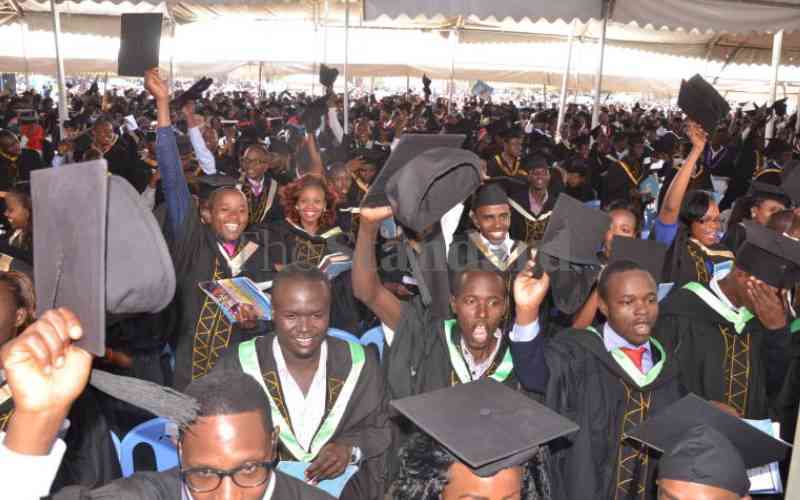×
The Standard e-Paper
Kenya’s Boldest Voice

President William Ruto's plan to revamp the university sector received a major boost with an allocation of Sh128.5 billion in this year's budget.
In the budget, allocation to the Higher Education Loans Board (Helb) and research and innovation has been doubled.